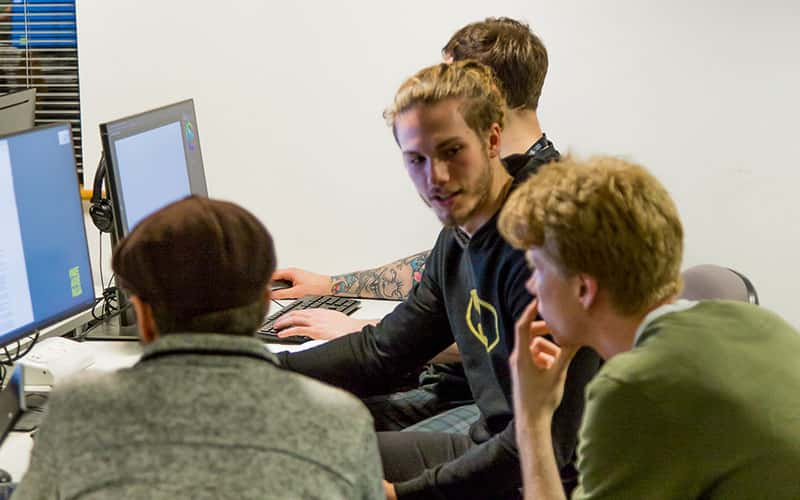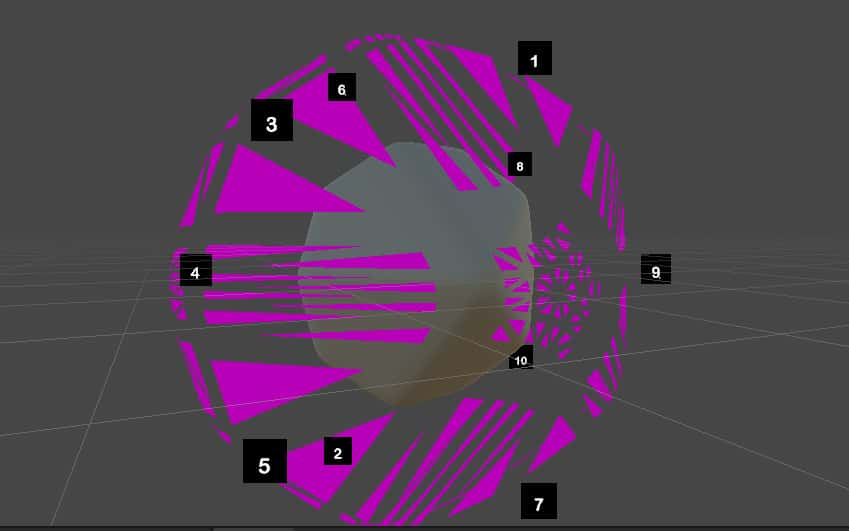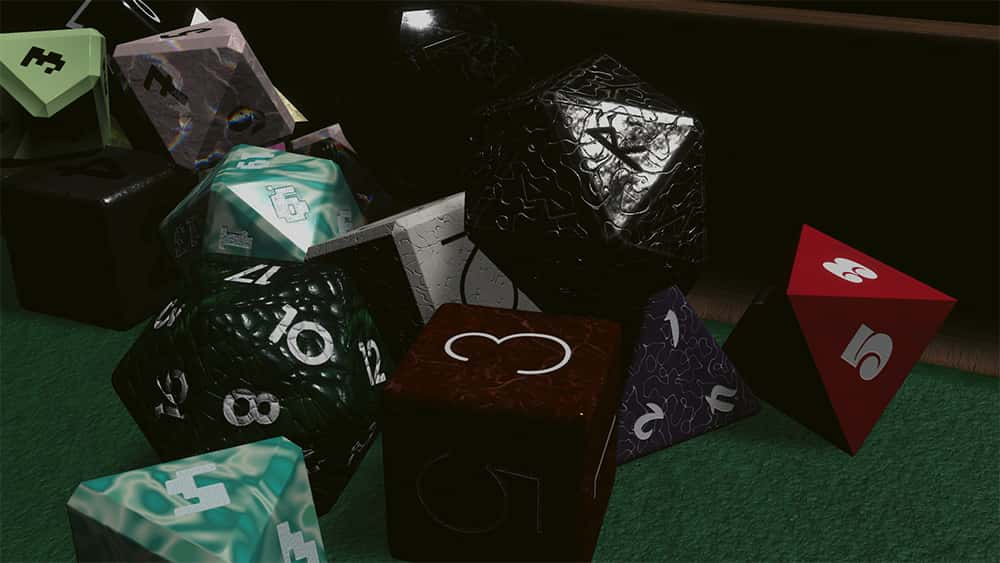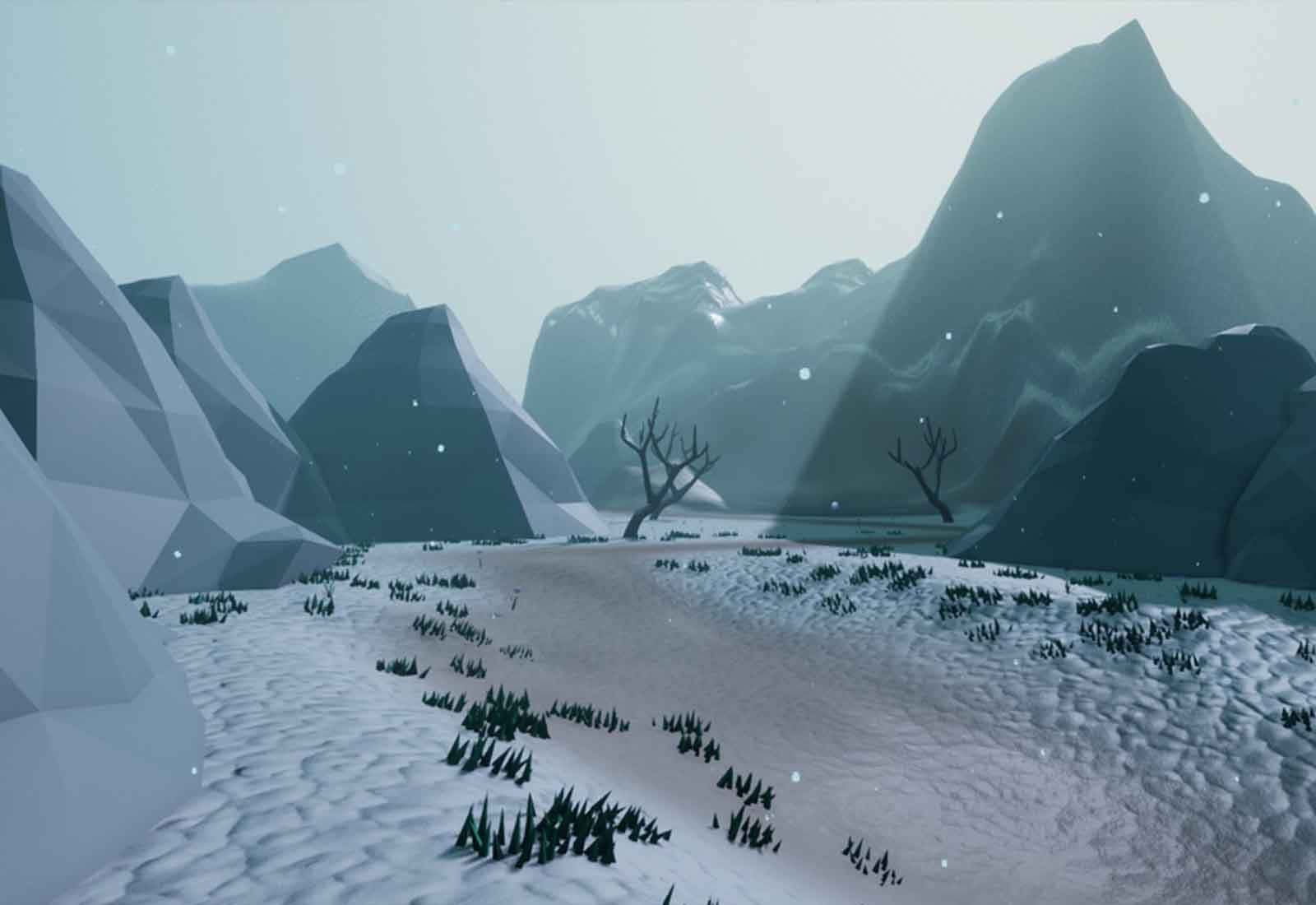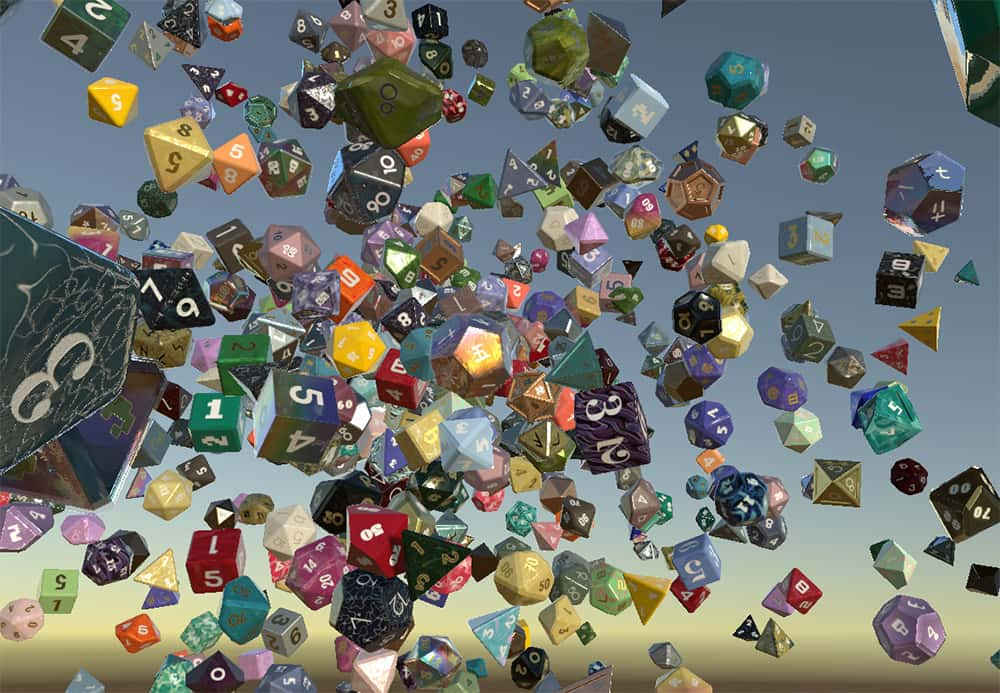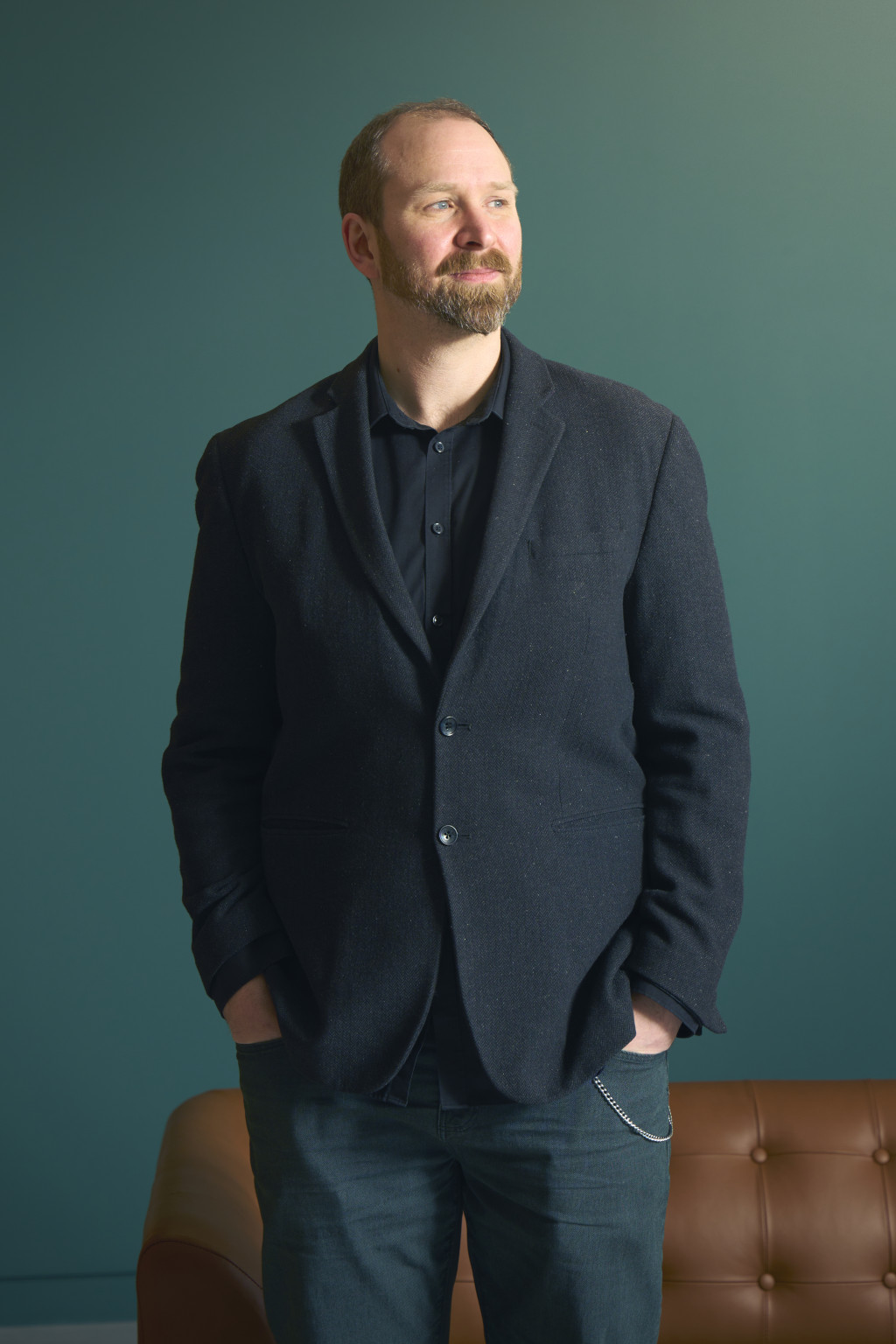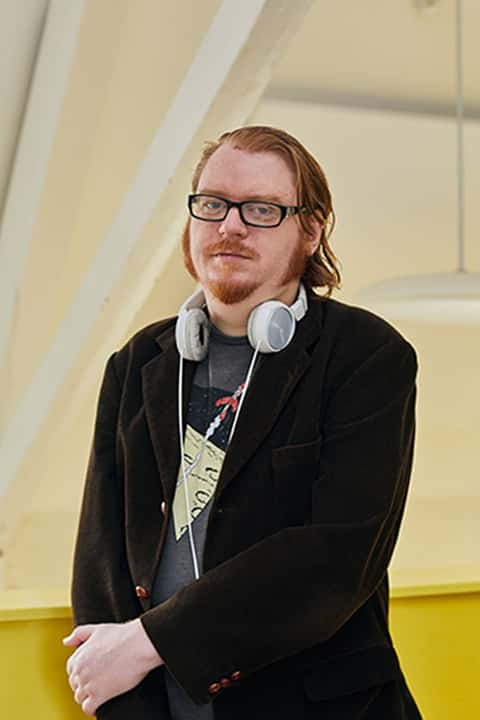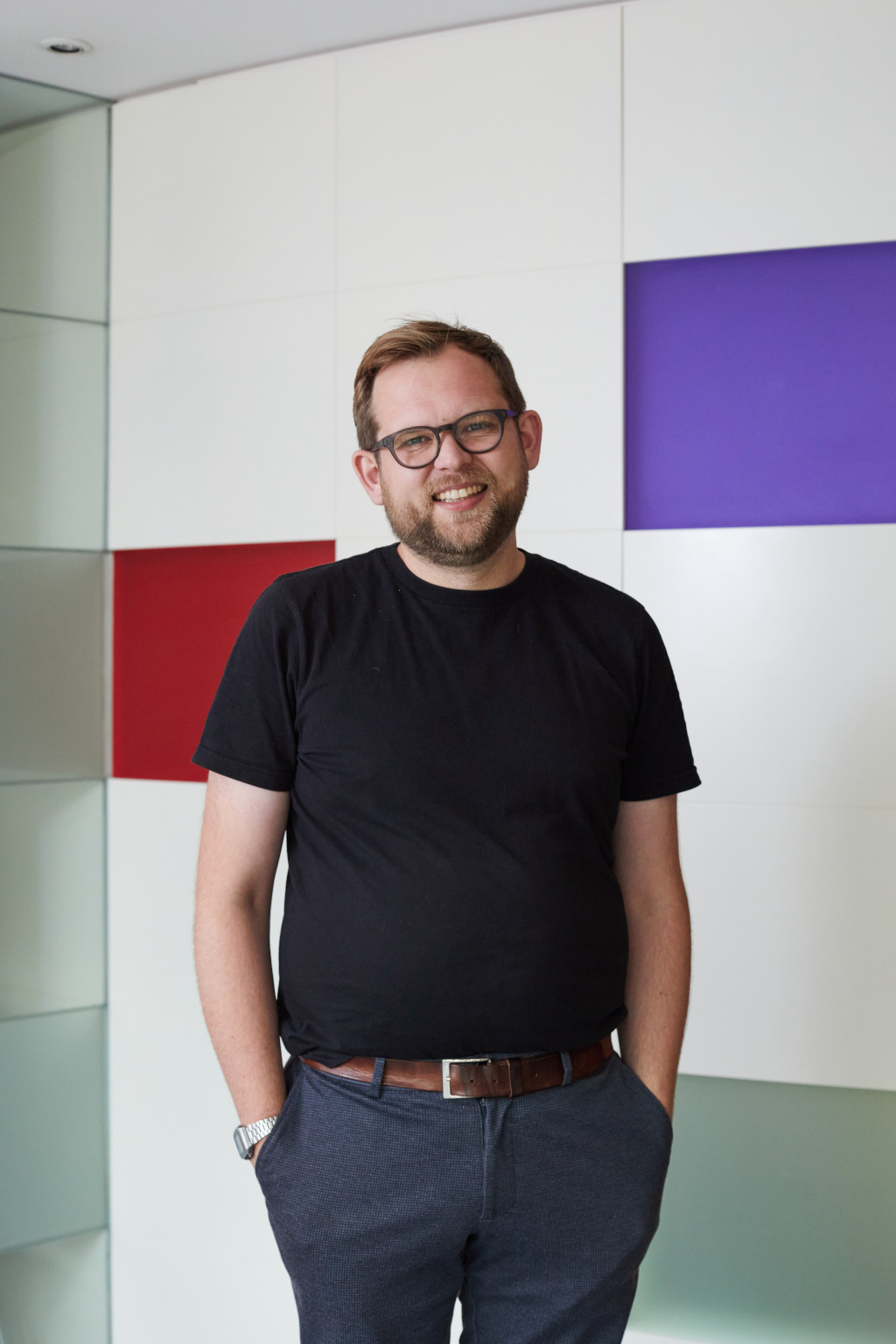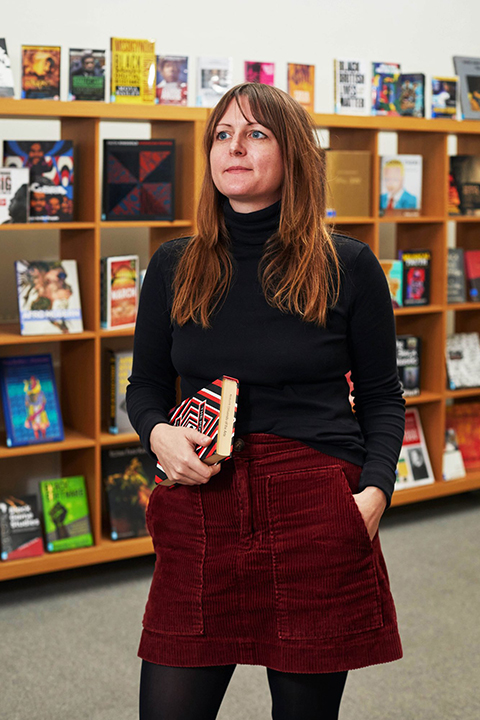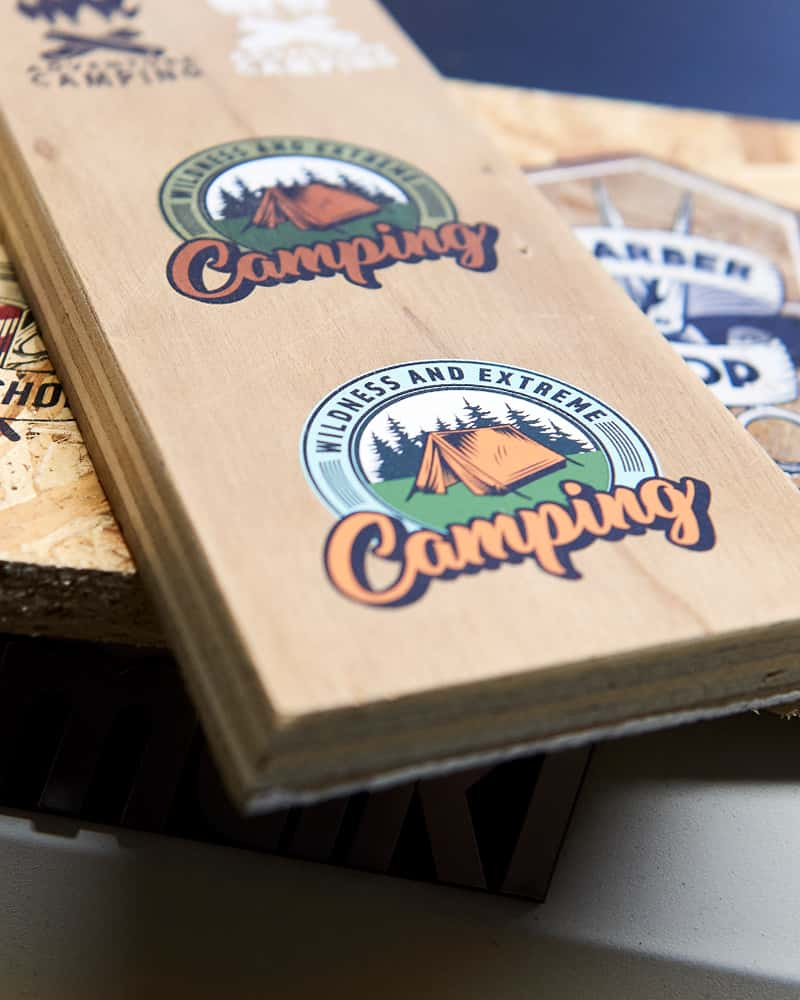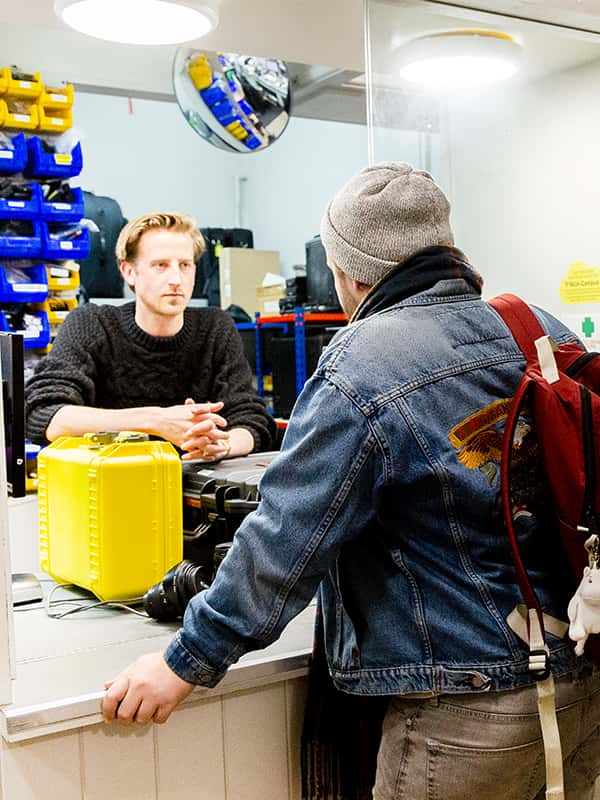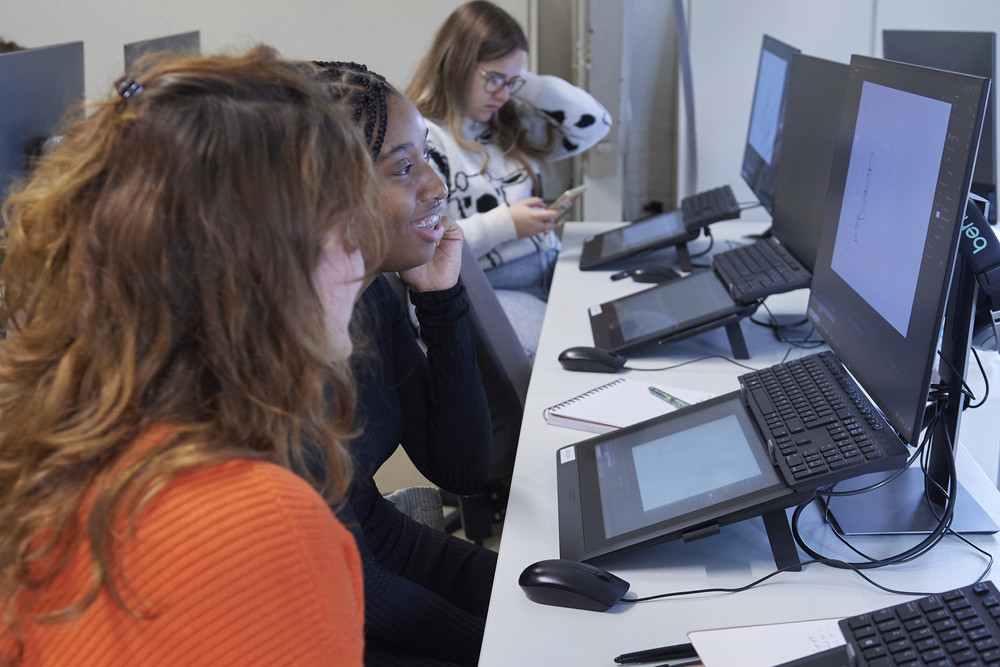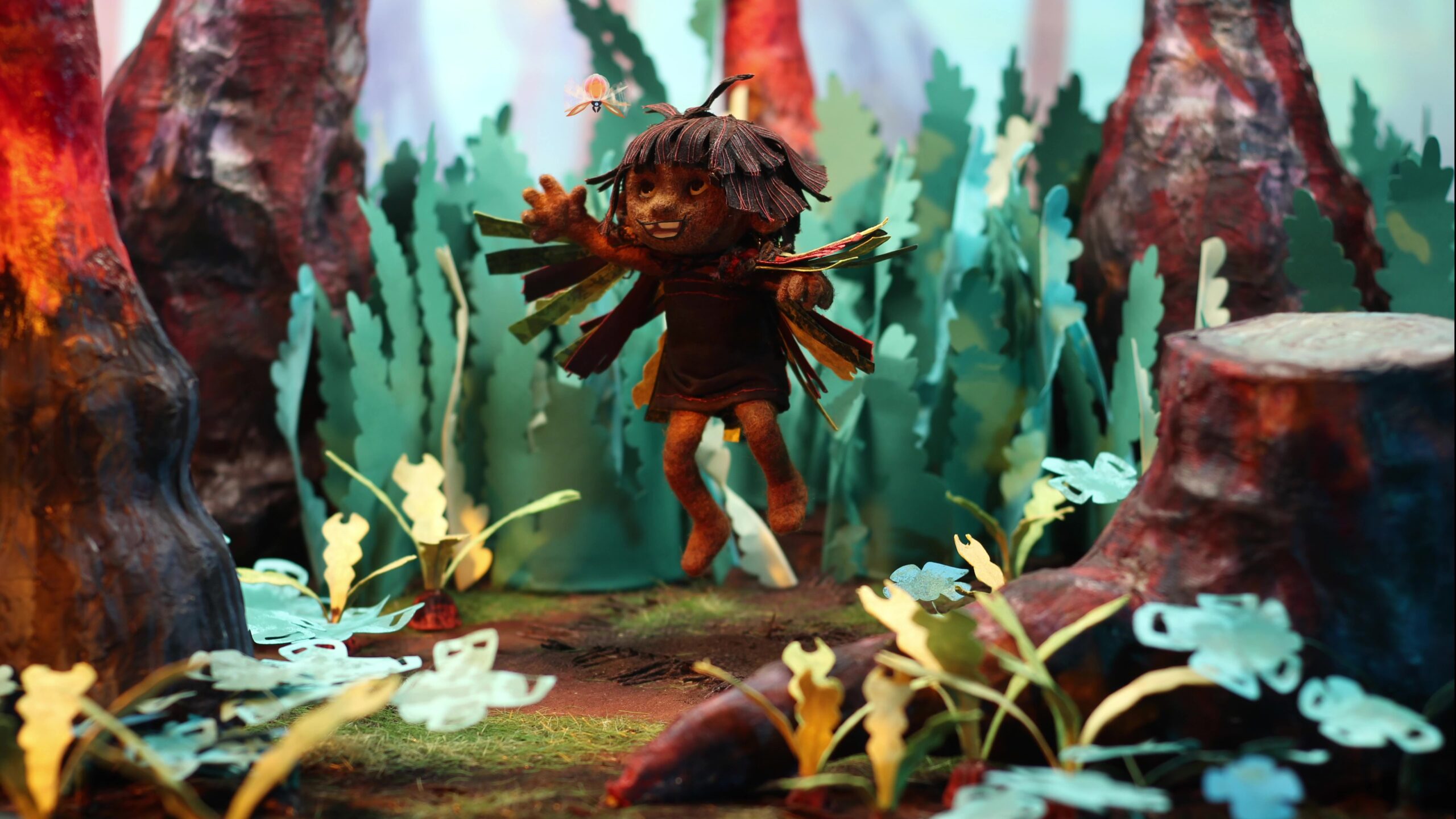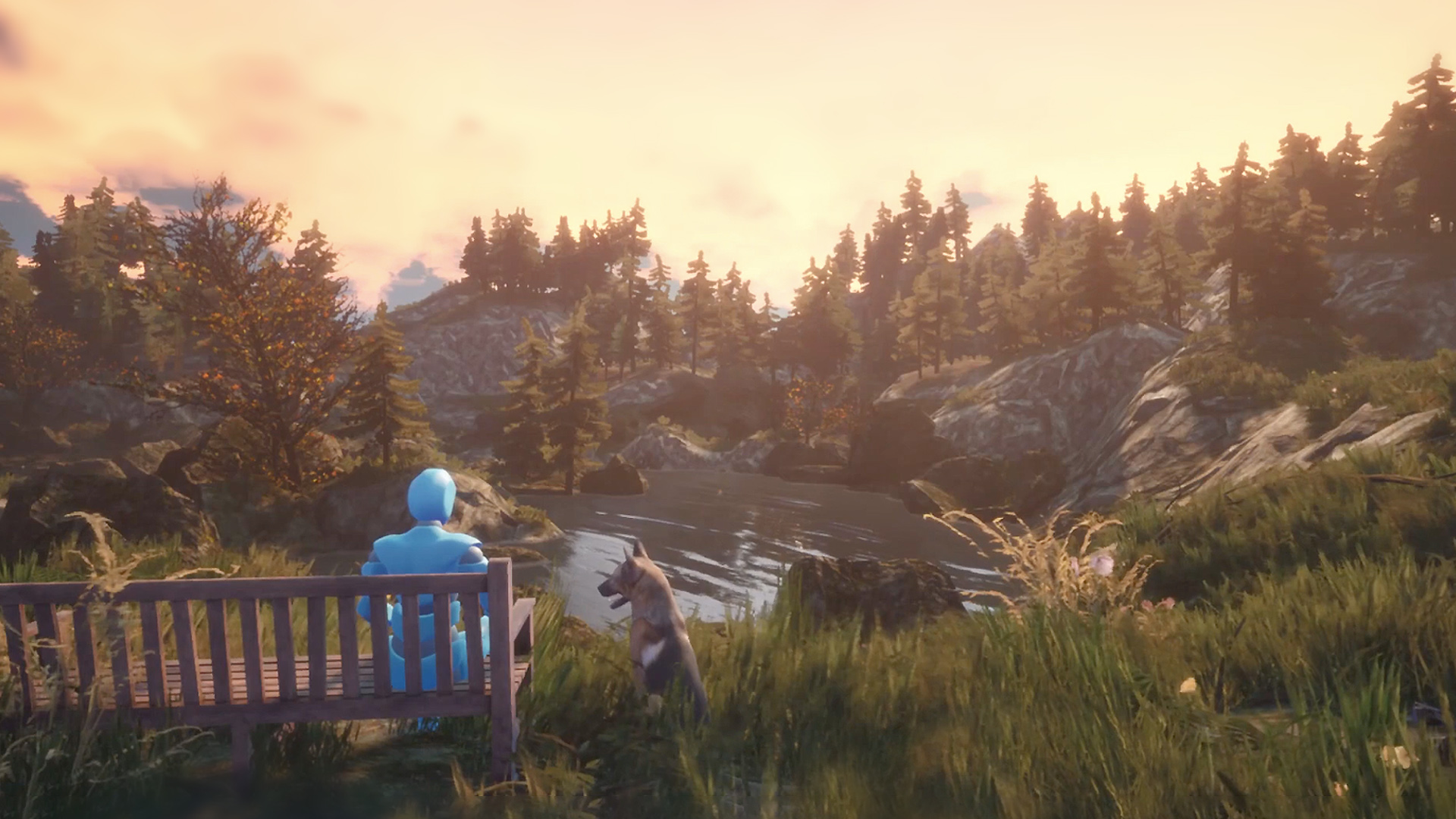
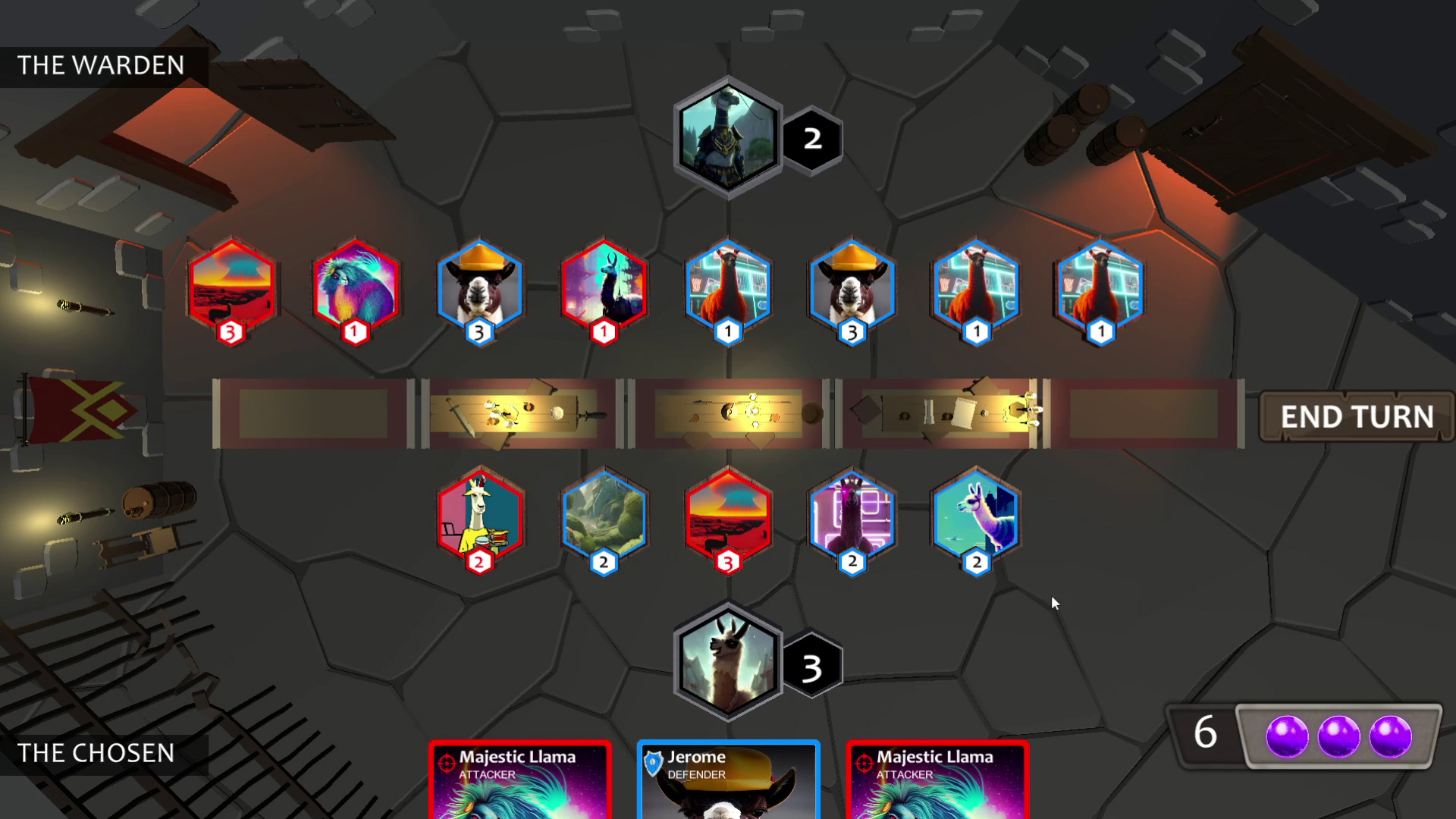
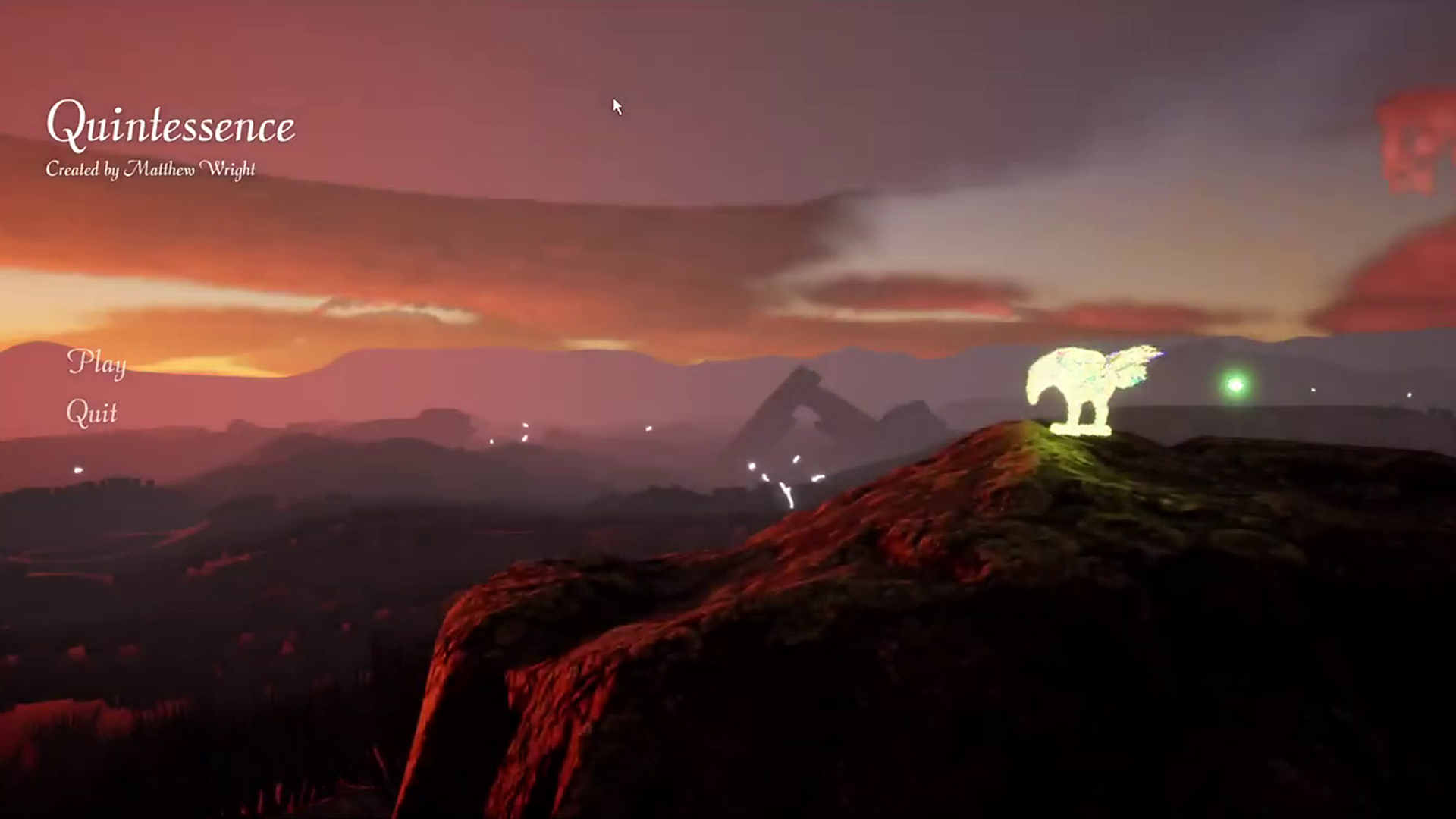
Games Development BSc (Hons)
Love working with code and see yourself as a technical problem solver with a passion for games?
-
Course Duration
3 or 4 Year options
-
Course Options
- Diploma Year
- Intergrated Foundation Year
-
Typical Offer
104-120 UCAS Tariff Points
- How to Apply Request a prospectus
-
Annual Fees
- Home (full-time) £9,790
- Overseas (full-time) £18,860
-
UCAS code
- I610 (3 Year), I611 (4 Year)
- Institution code: N39
-
Course Start
September 2026
Our TIGA-accredited BSc (Hons) Games Development course has an industry reputation for its technical game design and development content, providing knowledge and experience to support graduates being hired into ever-increasing and sought-after game design, development and programming roles within the industry.
You will explore the mechanics of playful interaction and develop skills in prototyping and user testing across different technologies and platforms, including console, web, mobile, PC and cutting-edge technologies like augmented and virtual reality.
How you think, make decisions, and develop ideas will evolve as you learn to develop games that give users an exceptional experience. You will do this by applying computer science principles, game design fundamentals and staying attuned to emerging technologies and industry trends. You’ll create different types of games for different audiences based on evidence gathered through research, observation and practical experimentation.
Beyond technical proficiency, the BSc Games Development course places a strong emphasis on fostering creativity and innovation. You will learn how to critically examine games and research important theoretical concepts to add depth to your own practice. You will acquire and refine the creative tools necessary to develop unique and innovative games, with a parallel focus on understanding how to make these creations commercially successful. You’ll get the opportunity to establish a thorough grounding in the business of games development, learning how to produce and distribute games products as an Indie Developer.
Accreditations
- Loading…
Why study with us
-
The Rookies, a global panel of games industry experts, ranked Norwich University of the Arts in the world’s top 30 in 2023 and also placed us 29th for Game Design and Development in their global rankings.
-
TIGA (Independent Game Developers’ Association) award Norwich University of the Arts as Best Educational Institute in 2023.
-
Study the fundamentals of game development, with Unreal Engine at the core.
-
Collaborate with students on BA (Hons) Games Art and Design to make games that bring your technical abilities together with their artistry using content creation software for a range of platforms.
-
Be introduced to formative theoretical concepts while developing your critical thinking, analysis and communications skills.
-
Develop game design, prototyping, user testing skills and gain an understanding of workflows and project management.
-
Workshops, technical demonstrations and live briefs will help prepare you for a career in the games industry.
-
Be involved in games jams, and live briefs both within Norwich and internationally to enhance your graduate portfolio.
Course Details
Integrated Foundation Year (optional)
Integrated Foundation Year
Our Integrated Foundation Year is designed to equip students with the necessary skills, knowledge and confidence to thrive in their chosen degree subject. The course provides a comprehensive introduction to various disciplines, blending critical thinking and creative problem-solving with practical hands-on experience. This year serves as a bridge to undergraduate studies, allowing students to explore their interests within a supportive and inspiring environment, while familiarising themselves with the campus, workshops, and tutors.
Year 1
Core Units
Creative Learning (40 credits)
This unit will introduce you to the fundamentals that underpin all areas of game development. You’ll be introduced to the core programming knowledge a game developer needs, allowing you to create robust and efficient games. You’ll explore methods and practices around concept development and generating ideas for games. You will develop your understanding of game concepts, rules and mechanics, and rapid prototyping through the development of analogue games. Emphasising research, communication, and critical thinking skills important to a creative and scientific practice, seminar discussions and lectures will invite you to interrogate and understand the wider contexts within which games sit and introduce you to the critical and creative debate.
40 credits
Explore and Experiment (80 credits)
In this unit, you’ll investigate the development and key milestones in the lifecycle of games, with a particular focus on understanding the ways game developers shape unique player experiences, through experimenting with techniques, materials, and media. This unit will also introduce you to the fundamental concepts of object-oriented programming (OOP) and programming in Unreal Engine. A clear focus is on practical programming and problem-solving skills, using industry-standard practices, frameworks, and pipeline processes. You’ll be introduced to group discussions and concept pitches, learning to present your ideas and information to a range of audiences through presentations and other visual mediums, to effectively communicate complex ideas succinctly.
80 credits
Core Projects
Wayfinding Week
The first week of each academic year is called Wayfinding week. It’s an opportunity get your bearings, establish new connections and, after your first year at Norwich, re-establish old ones. Your course team will talk you through the year ahead and explain the expectations for the year. We’ll help you navigate new encounters and identify areas to focus on as you progress through your course.
Make it Manifest(o)
An important element of Wayfinding Week is taking part in our annual ‘Make it Manifest(o)’ project. Your course team will introduce the project in which we’ll ask you to consider your hopes and vision of the year ahead at Norwich and work with students in other year groups to bring your ideas to life. The project culminates in a celebratory display of work across the campus. The project will help you to develop your critical creativity through different approaches, concepts, and mediums. You’ll encounter diverse perspectives and build friendships and networks within our university community.
Interchange Week
Interchange weeks are opportunities to step away from your disciplinary studies and engage in projects, workshops, visits and talks that extend your knowledge and understanding of the world. Whether you learn a new skill or take part in a global challenge project with students from other courses, you will come away with new insights to take back to your course. Interchange is part of the schedule for all Norwich students with sessions held across and beyond the campus led by university staff, visiting lecturers and students.
Year 2
Core Units
Global Contexts (80 credits)
This unit will enable you to expand your specialist knowledge and skills, taking you to the next level in your personal development. Workshops introduce you to a range of advanced computer programming techniques, game design principles, and game development pipeline processes, all which underpin modern games. You’ll be encouraged to work quickly, think creatively, work collaboratively, and experiment with ideas – providing a safe space for failure as a natural part of the creative process. You will be exposed to an exploration of typical algorithms and data structures to solve several computational challenges. You’ll consider your work within the context of different audiences and a variety of platforms, including console, web, mobile, computer, and augmented and virtual reality. You’ll research into historical, cultural and broader creative influences, and how they can be used to promote equality, diversity and inclusion, to add depth and complexity to your ideas.
80 credits
Collaboration (40 credits)
This unit will introduce you to how collaborative working can help you focus and enhance your creative strengths by working with fellow students and our creative community. This unit will allow you to build upon your knowledge of working to live briefs, while exploring specialist techniques and tools used within the game development pipeline to develop full technical and professional prototypes, with a strong focus on team and communication skills. You will consider group and client liaison roles, taking on group roles in the ‘simulated’ production environment of the classroom, and be introduced to specialised working practice methodologies such as Lean, Waterfall, and Agile in a disciplined development cycle.
40 credits
Core Projects
Wayfinding Week
The first week of each academic year is called Wayfinding week. It’s an opportunity get your bearings, establish new connections and, after your first year at Norwich, re-establish old ones. Your course team will talk you through the year ahead and explain the expectations for the year. We’ll help you navigate new encounters and identify areas to focus on as you progress through your course.
Make it Manifest(o)
An important element of Wayfinding Week is taking part in our annual ‘Make it Manifest(o)’ project. Your course team will introduce the project in which we’ll ask you to consider your hopes and vision of the year ahead at Norwich and work with students in other year groups to bring your ideas to life. The project culminates in a celebratory display of work across the campus. The project will help you to develop your critical creativity through different approaches, concepts, and mediums. You’ll encounter diverse perspectives and build friendships and networks within our university community.
Interchange Week
Interchange weeks are opportunities to step away from your disciplinary studies and engage in projects, workshops, visits and talks that extend your knowledge and understanding of the world. Whether you learn a new skill or take part in a global challenge project with students from other courses, you will come away with new insights to take back to your course. Interchange is part of the schedule for all Norwich students with sessions held across and beyond the campus led by university staff, visiting lecturers and students.
Diploma Year (optional)
Level 5 Diploma (120 credits)
Students have the opportunity to spend a year after the second of their degree (or the third year if studying for a degree with an Integrated Foundation Year) enhancing their employability options through a Level 5 Diploma. They can choose from courses designed to provide:
- opportunities to gain industry insight, developing employability skills through a series of supported experiences, expanding professional networks and building confidence in the workplace, or
- an introduction to creative computing, building an understanding of how coding skills can be used to advance and complement creative practice.
Final Year
Core Units
Research and Preparation (40 credits)
This is the first and shorter of the two units that make up your final year of study. This unit offers you the opportunity to take a deeper dive under the surface of game engines, exploring the inner workings of industry-standard tools and furthering your proficiency in how to develop games. You’ll develop an individual research project that addresses a question related to your interests and practice. Group and individual tutorials will provide stimulating and supportive sessions to help you advance your research ideas and those of others. Focusing on employability, you’ll explore career options, including researching the skills required to set up your own business, establish yourself as a freelancer, or use as an employee in a business or organisation.
40 credits
Resolution and Career Development (80 credits)
This unit will allow you to consolidate your learning from your degree programme into a final project, bringing together ideas and techniques from throughout your study. You will be supported to research, evaluate information, and develop innovative solutions to address a self-negotiated brief. You’ll use the technological knowledge you’ve gained to build significant portfolio pieces, demonstrating your ability to create professional-quality work. You’ll have the opportunity to display your final year project as part of our degree show, Grad Fest, which allows you to showcase your work to our network of industry professionals and prospective employers.
80 credits
Core Projects
Wayfinding Week
The first week of each academic year is called Wayfinding week. It’s an opportunity get your bearings, establish new connections and, after your first year at Norwich, re-establish old ones. Your course team will talk you through the year ahead and explain the expectations for the year. We’ll help you navigate new encounters and identify areas to focus on as you progress through your course.
Make it Manifest(o)
An important element of Wayfinding Week is taking part in our annual ‘Make it Manifest(o)’ project. Your course team will introduce the project in which we’ll ask you to consider your hopes and vision of the year ahead at Norwich and work with students in other year groups to bring your ideas to life. The project culminates in a celebratory display of work across the campus. The project will help you to develop your critical creativity through different approaches, concepts, and mediums. You’ll encounter diverse perspectives and build friendships and networks within our university community.
Interchange Week
Interchange weeks are opportunities to step away from your disciplinary studies and engage in projects, workshops, visits and talks that extend your knowledge and understanding of the world. Whether you learn a new skill or take part in a global challenge project with students from other courses, you will come away with new insights to take back to your course. Interchange is part of the schedule for all Norwich students with sessions held across and beyond the campus led by university staff, visiting lecturers and students.
Download course specifications
Learning and teaching
This course is taught through a mixture of learning and teaching methods including:
-
Group briefings
-
Academic tutorials
-
Group tutorials
-
Workshops
-
Critiques (crits)
-
Seminars
-
Lectures
Assessment
Assessment for this course is entirely coursework-based, meaning there are no exams. Your progress will be evaluated through the projects and assignments you complete for each unit. Throughout the year, you’ll receive ongoing feedback to help you refine your work and develop your skills. To support your learning and ensure you achieve the course outcomes, we use a variety of assessment methods, including:
- Finished pieces of work
- Presentations
- Written work
- Your research
- A reflective journal
Our Facilities
Look around our city-centre campus, and you will find studios, media labs, and creative spaces in 13 buildings that sit among the cafés, bars, independent galleries and shops of Norwich’s cultural quarter.
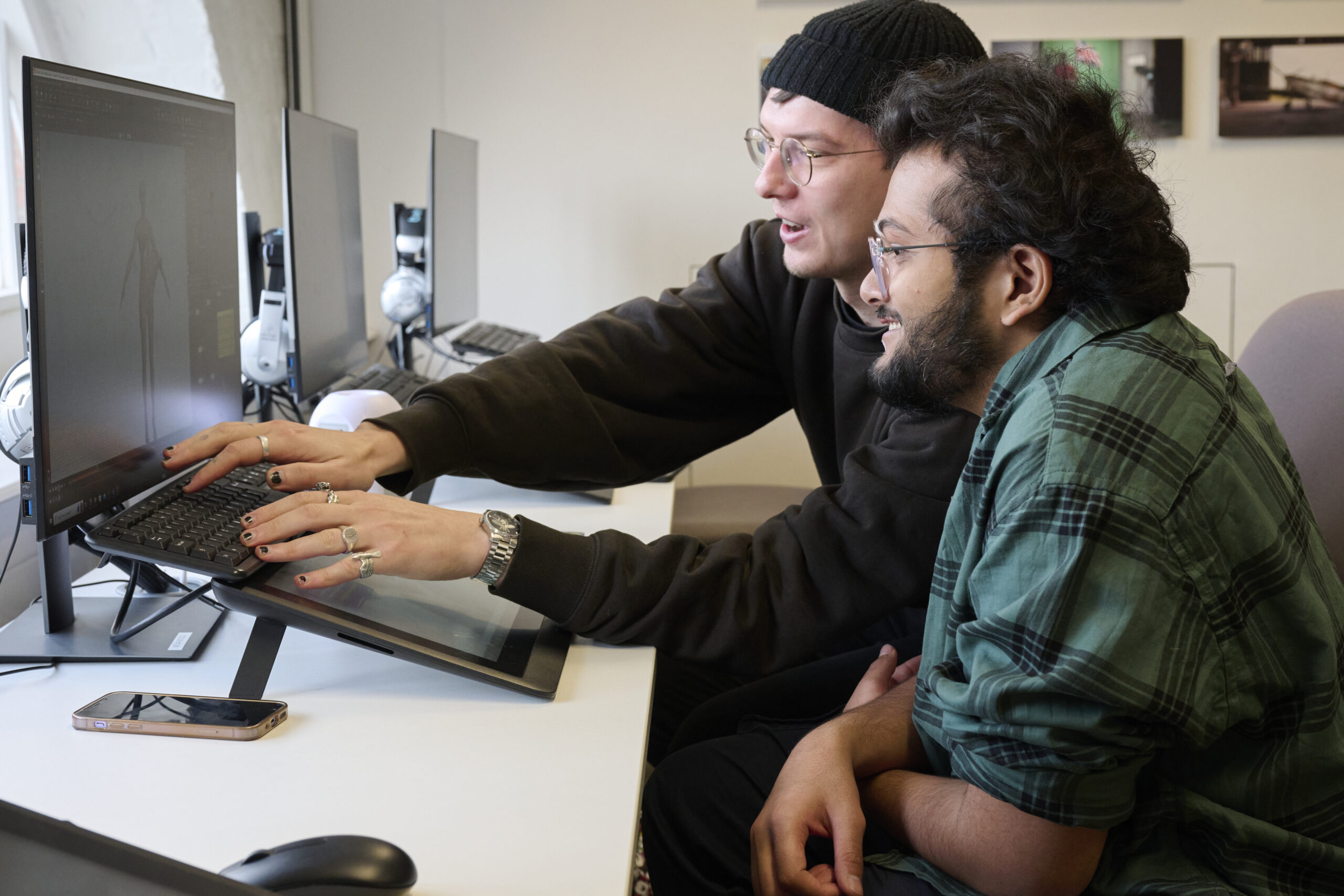
Typical career paths
Games at Norwich has received international recognition celebrating our innovative teaching methods and approaches. Our students have also seen success in their careers and pursuits while studying and beyond. Graduate employers include Rebellion North, Creative Assembly and Free Radical Design.
- Game Programmer
- AI Programmer
- Games Developer
- Indie Developer
- Software Developer
- Audio Programmer
- Technical Artist
- Tools Development
- Systems Development
- Pipeline Development
- Engineer
- Producer
“92% of our graduates are in employment or further education within six months of graduating”
Graduate Outcomes 2021
Entry requirements
Home
Norwich University of the Arts welcomes applicants of all ages from all backgrounds.
If the qualification that you are studying is not shown, do not worry as we are able to accept other pre-entry qualifications as well as combinations of different qualifications.
Please do contact our Student Recruitment Team if you have any queries.
A/AS Levels (GCE)
GCE A/AS Levels 3 A-level qualifications at grades BCC (104 UCAS Tariff points) or above. Where candidates are not taking 3 A-levels, Norwich University of the Arts will consider combinations of A-level/AS-level and other Level 3 qualifications.
BTEC Extended Diploma (QCF or RQF)
Distinction, Merit, Merit in an art, design or media related subject
BTEC Diploma (QCF or RQF)
Distinction*, Distinction* in an art, design or media related subject
T Levels
A T Level in any subject with overall grade A* to C (Pass)
UAL Extended Diploma
Merit
UAL Level 3 Foundation Diploma in Art and Design
Pass
UAL Level 4 Foundation Diploma in Art and Design
Pass
Foundation Diploma in Art and Design
Pass
Access to Higher Education Diploma (Art and Design)
Pass
International Baccalaureate Diploma
A minimum of 26 points
Integrated foundation year (optional)
Norwich University of the Arts welcomes applicants of all ages from all backgrounds.
If the qualification that you are studying is not shown, do not worry as we are able to accept other pre-entry qualifications as well as combinations of different qualifications.
Please do contact our Student Recruitment Team if you have any queries.
A/AS Levels (GCE)
GCE A/AS Levels 2 A-level qualifications at grades CC (64 UCAS Tariff points) or above.
BTEC Extended Diploma (QCF or RQF)
Merit, Merit, Pass in an art, design or media related subject
BTEC Diploma (QCF or RQF)
Distinction*, Merit in an art, design or media related subject
T Levels
Pass (D or E on the core)
UAL Extended Diploma
Pass
UAL Level 3 Foundation Diploma in Art and Design
Pass
UAL Level 4 Foundation Diploma in Art and Design
Pass
Foundation Diploma in Art and Design
Pass
International Baccalaureate Diploma
A minimum of 26 points
Overseas
We accept qualifications from all over the world.
To find our entry requirements from a specific country, please check our dedicated international pages.
English language qualifications
Most international students are required to hold an English language qualification. Applicants are required to have a minimum UKVI approved IELTS exam score of 6.0 overall, with a minimum of 5.5 in each section. Equivalent English language qualifications are acceptable such as, IB English language syllabus A or B/English Literature (Grade 4).
We also accept some alternative English qualifications. Learn more about our English entry requirements.
You can email us on international@norwichuni.ac.uk if you’d like to discuss your application individually.
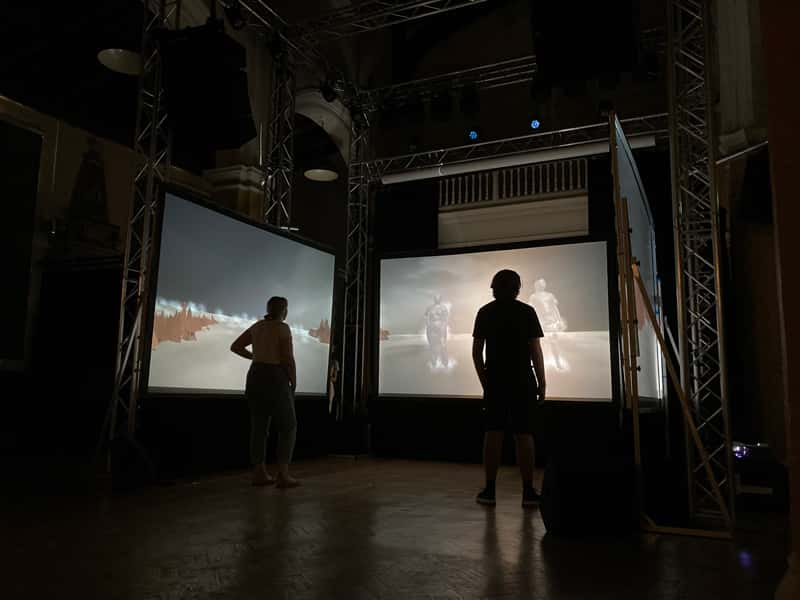
Fees and funding
Home
Tuition fees for the 2026/27 academic year
- BA course (three year): £9,790 per year
- Integrated Foundation Year (optional): £9,790 per year
- Level 5 Diploma Year (optional): £9,790 year
The level of fee that you will be asked to pay depends on whether you’re classed as a UK (home) or international student. Check your fee status.
Fees for subsequent years
Tuition fees may increase in subsequent years in line with inflation, subject to government regulations. The inflation rate used is expected to be the Retail Price Index excluding mortgage payments (RPIX). We would confirm this in advance to you of each academic year.
Find our more about fees and funding
Funding your study
Depending on your circumstances, you may qualify for a bursary, scholarship or loan to help fund your study and enhance your learning experience.
International
Tuition fees for the 2026/27 academic year
- BA course (three year): £18,860
- Integrated Foundation Year (optional): £18,860
- level 5 Diploma year (optional): £18,860
The level of fee that you will be asked to pay depends on whether you’re classed as a UK (home) or international student. Check your fee status.
Fees for subsequent years
For Overseas students starting in 2026 inflation will be applied to your fees in later years. We will confirm this in advance to you of each academic year, and we will limit the increase to no more than the Office for Students’ recommended inflationary measure.
Find our more about fees and funding
Funding your study
Please take a look at our International students page for information about fees, scholarships for international students, visas and much more.
Additional costs
Your course fees cover the cost of studies, and include loads of benefits, such as the use of our library, support from our expert employability team, access to workshops and free use of the IT equipment across our campuses. There are also other costs which you may need to consider.
How to apply
Home
All applications for undergraduate courses will need to be made via the Universities and Colleges Admissions Service (UCAS).
You’ll need our university UCAS code (N39) as well as your course code which you’ll find on your course page.
When you register with UCAS you will need include your previous and current qualifications information, personal statement, and reference.
Once we receive your application form through UCAS, we will email confirmation that we have received it and will give you access and instructions for logging into the applicant portal. Our decision will be communicated via UCAS.
Applying for an undergraduate degreeInternational
Full-time Undergraduate International applicants can either apply via UCAS or directly by completing the online application form below or emailing the downloadable form to ioadmissions@norwichuni.ac.uk
Online Application Form (opens in a new window)For further support for international applicants applying for an undergraduate degree view our international pages.

Latest news
-
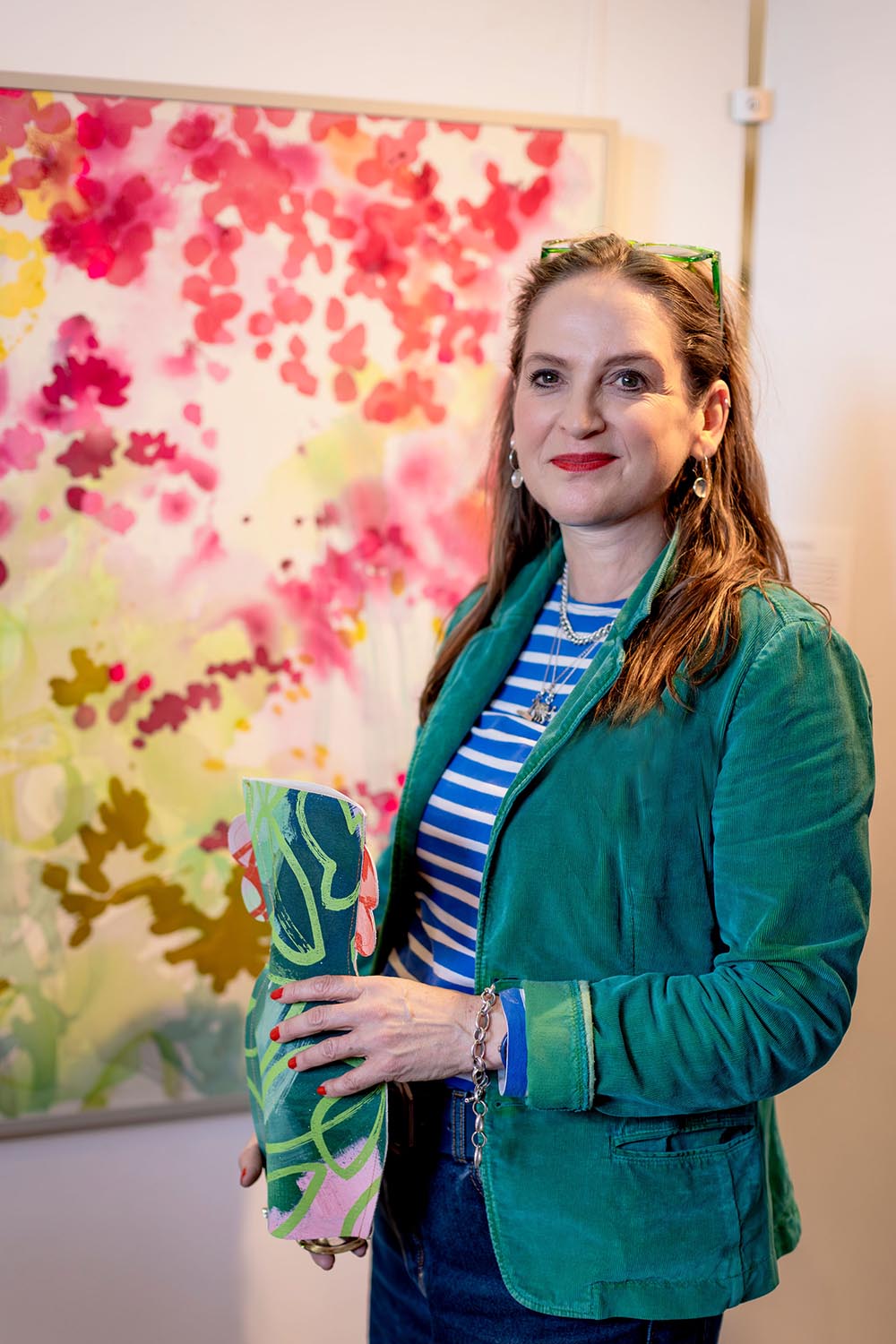 BA Textile Design •
BA Textile Design •In conversation with: Lucy Perry, MA Textile Design
Lucy shares her experience of creating a 360° digital installation, in a collaborative exploration of nature and technology. -
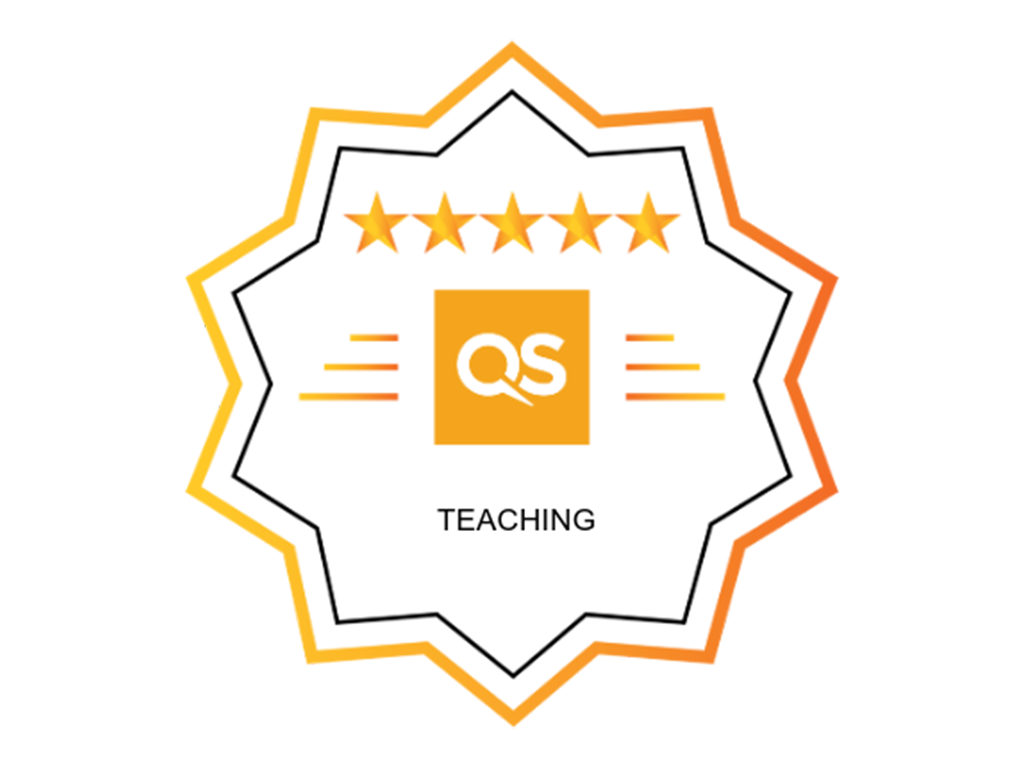 Institution •
Institution •Norwich University of the Arts earns prestigious 5-star QS Star Excellence rating fo Teaching
Norwich University of the Arts has been awarded an overall four-star rating in the prestigious QS Stars University Ratings, marking a significant milestone in the University’s first-ever submission to the internationally recognised assessment framework. -
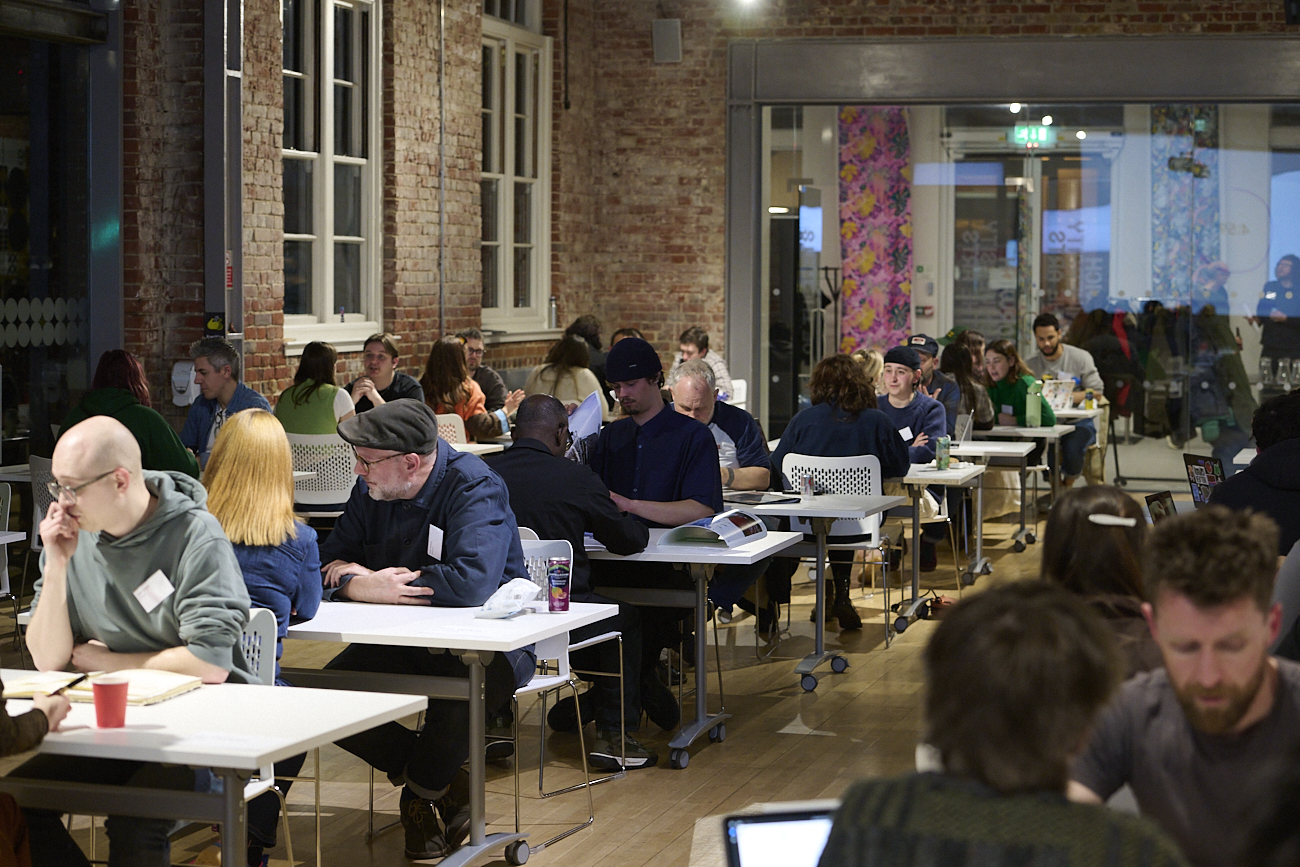 Employability •
Employability •Norwich University of the Arts celebrates 10 years of the Big Book Crit
Hundreds of Norwich students have shared their work with leading creative professionals over the last decade. -
 East Gallery •
East Gallery •Announcing the East Gallery Fellows 2025-2026
Norwich University of the Arts is pleased to announce the selected awardees of this year's East Gallery Fellowship. -
 BA Business Management •
BA Business Management •Dean of Creative Education Awarded Prestigious Principal Fellowship from Advance HE
The University is delighted to announce that Hilary Carlisle, Dean of Creative Education and Professor of Design, has been awarded Principal Fellowship of the Higher Education Academy (PFHEA) by Advance HE -
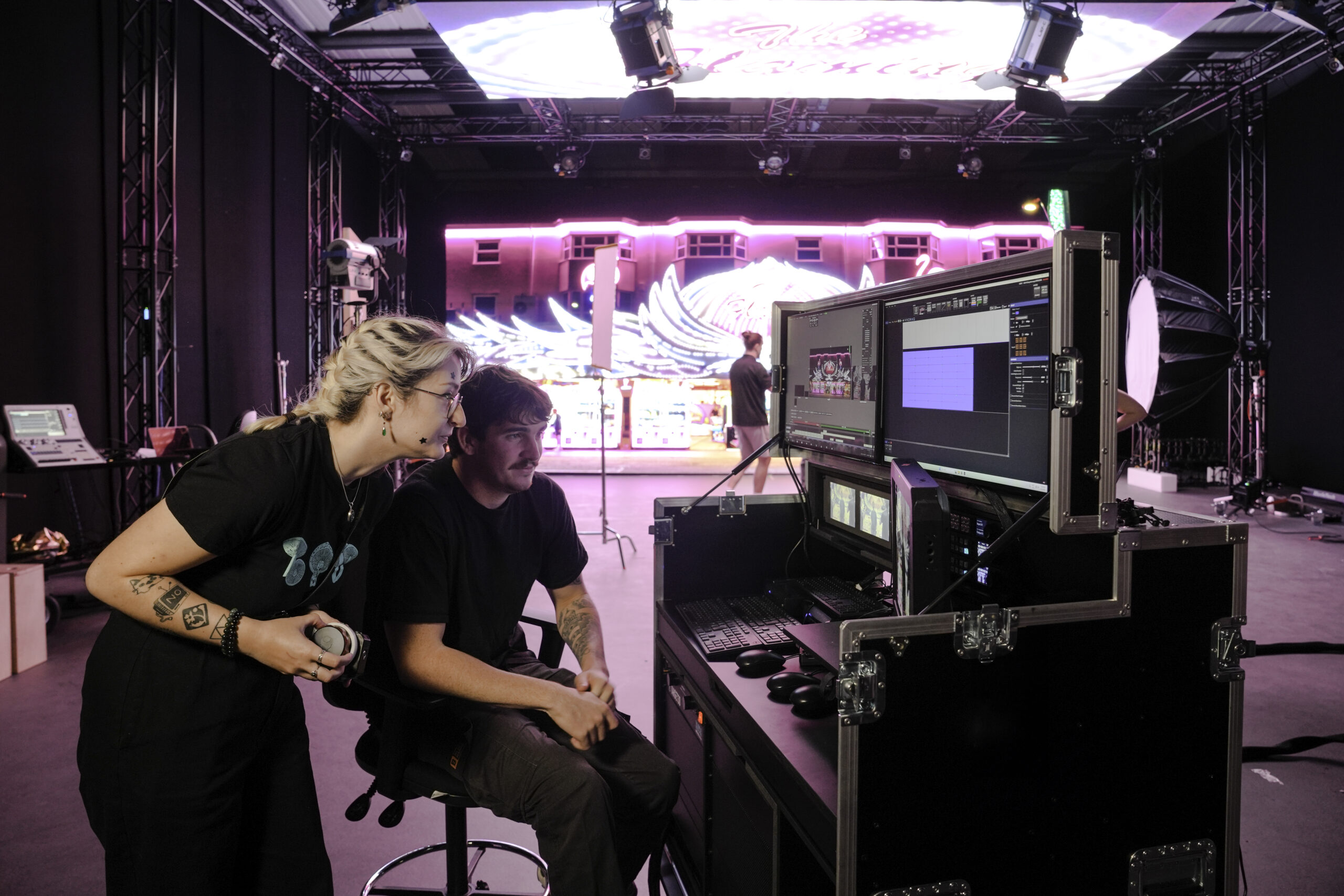 BA Degree •
BA Degree •Norwich University of the Arts to Host ELIA Academy 2027
Norwich University of the Arts is delighted to announce that it has been selected as the host institution for the ELIA Academy 2027. -
 BA Business Management •
BA Business Management •In conversation with Norwich’s newest lecturers in Marketing and Business Management
We joined Norwich's newest lecturers, Stephen Balmer-Walters and Laurie McAllister, to find out more about the University's Marketing and Business Management courses. -
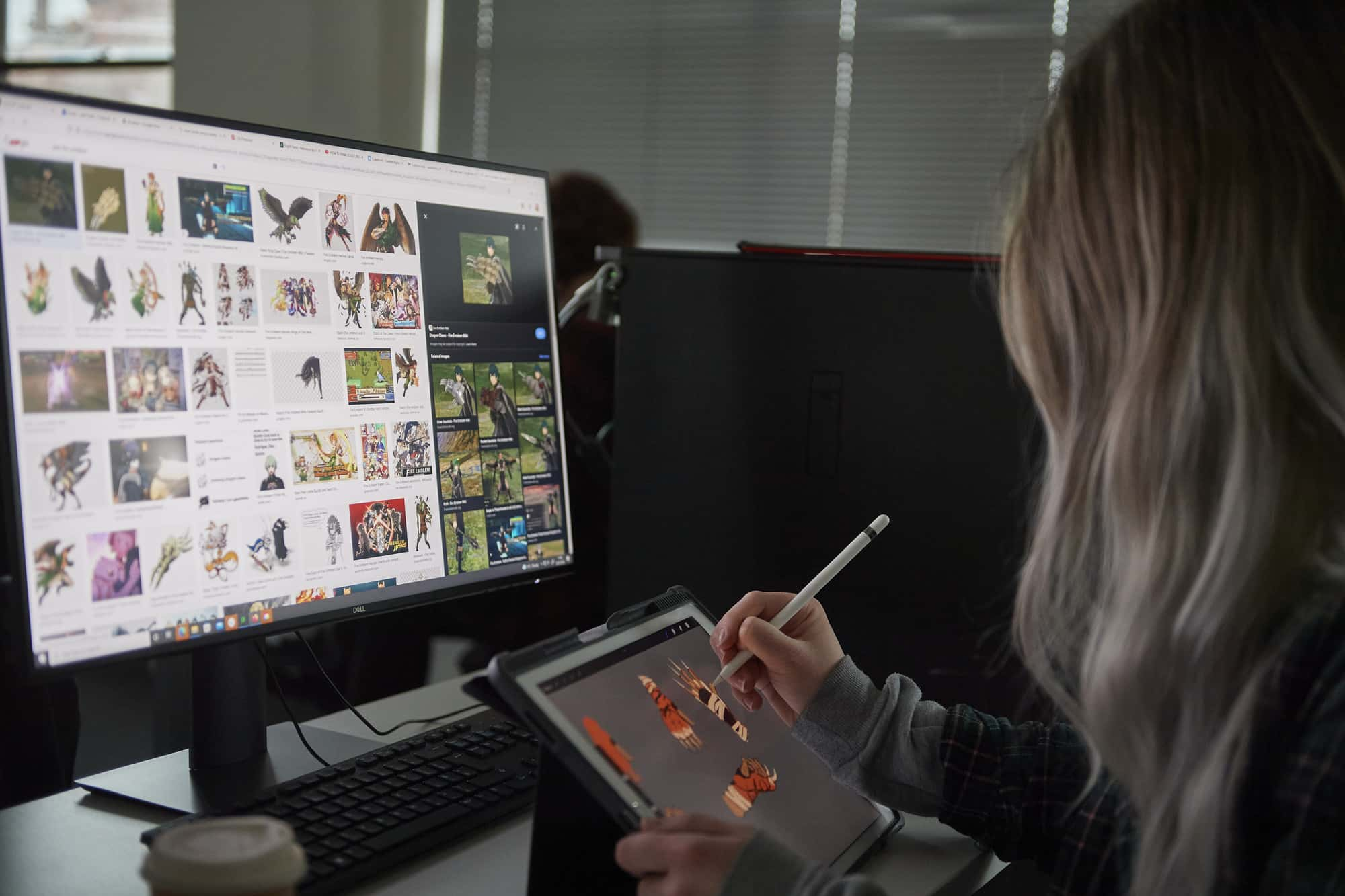 BA Games Art and Design •
BA Games Art and Design •East of England set to become UK’s next Games Cluster, says landmark report
A major new report is calling for the creation of a Games Cluster for the East of England — positioning the region as a national leader in creative technology and immersive media. -
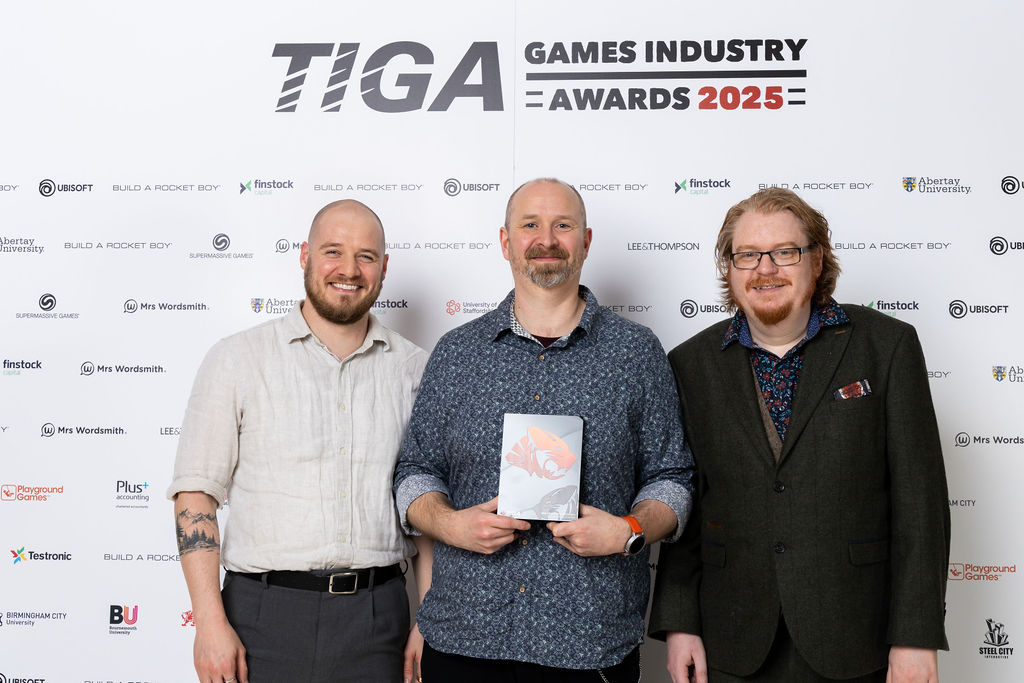 BA Games Art and Design •
BA Games Art and Design •Norwich awarded Best Education Initiative at the TIGA UK Games Industry Awards
TIGA, who represent the UK video games industry, have recognised the University’s commitment to graduate success and industry-focused learning in their 2025 awards. -
 BA Animation •
BA Animation •Cutting edge Sony Virtual Production Studio puts Norwich on the map for the future of film and gaming
Norwich University of the Arts and Sony open new landmark facility for students, creators and the community. -
 BA Animation •
BA Animation •Norwich named top UK university for production excellence in visual effects
The University has been placed in three categories in the 2025 Rookies Global School Rankings, including the top five for Production Excellence – Visual Effects. -
 BA Photography •
BA Photography •Entries open for Norwich's 2026 Beyond the Frame photography competition
Entries are now open for our annual photography competition, open to students aged 11 to 19 around the world. -
 BSc Degree •
BSc Degree •Norwich University welcomes new academics to its Psychology and Computer Science courses
Lyndsey Wallace joins the University as Senior Lecturer for BSc (Hons) Psychology, with Jawwad Chattha joining as Course Leader for BSc (Hons) Computer Science. -
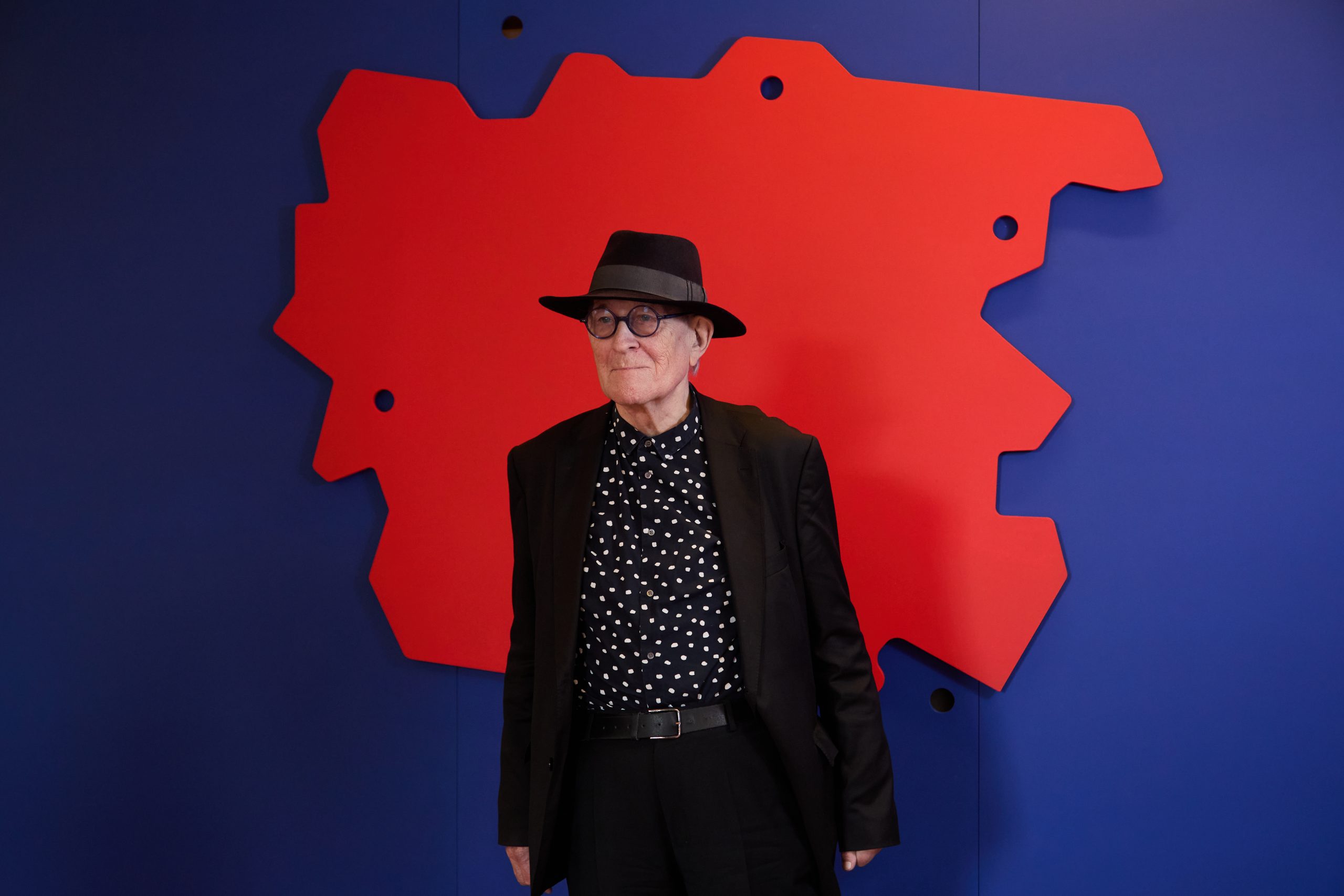 BA Architecture •
BA Architecture •Norwich University of the Arts presents the Peter Cook: Wonder Hub
Norwich University has launched the Peter Cook: Wonder Hub, a vibrant and interactive space for thinking, making, showcasing and debating the creative arts. -
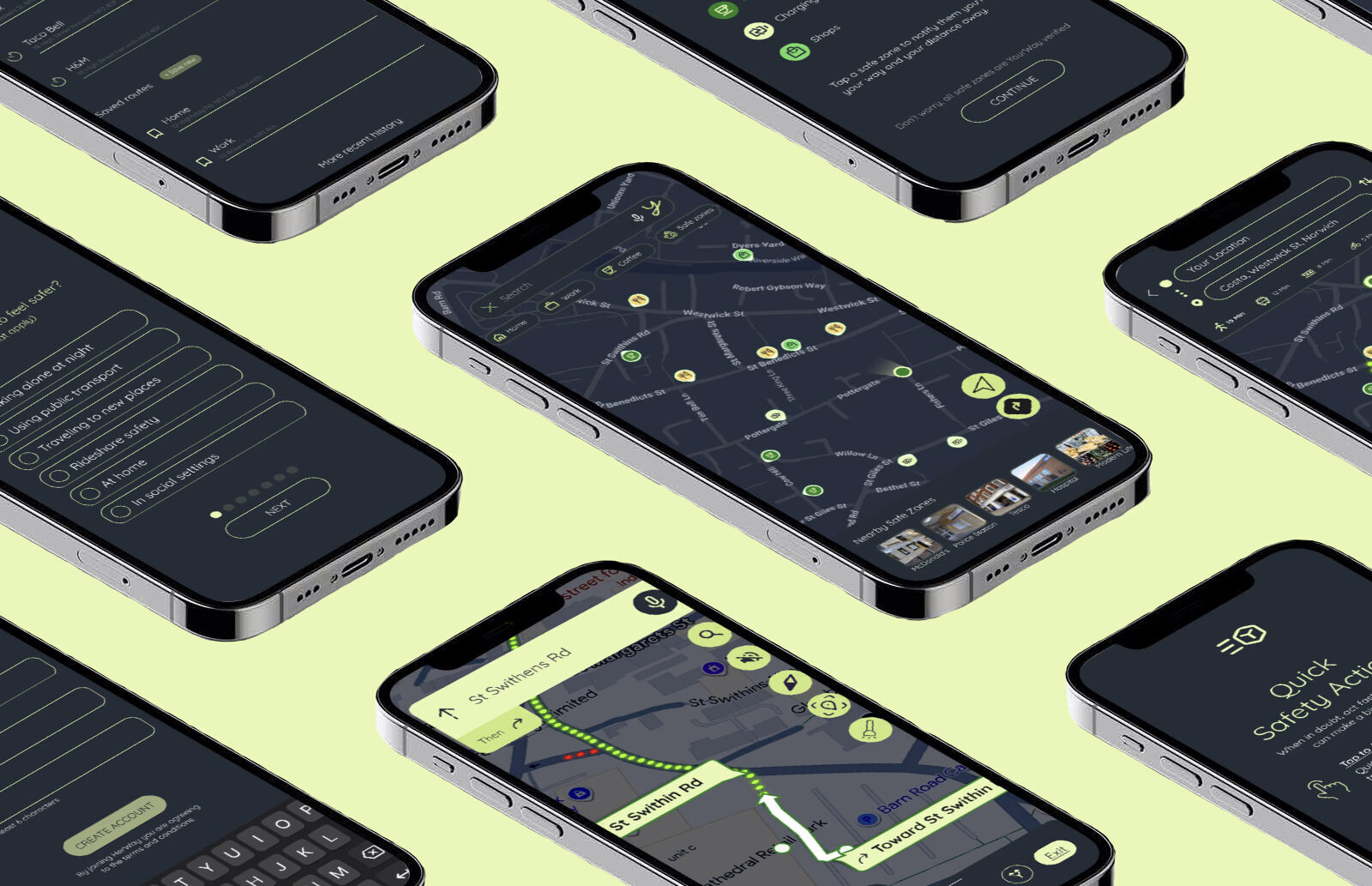 BA Graphic Communication •
BA Graphic Communication •Norwich students celebrate success at 2025 Creative Conscience Awards
Students from Norwich University of the Arts have been recognised across categories in this year’s awards, which showcase work focusing on social or environmental impact -
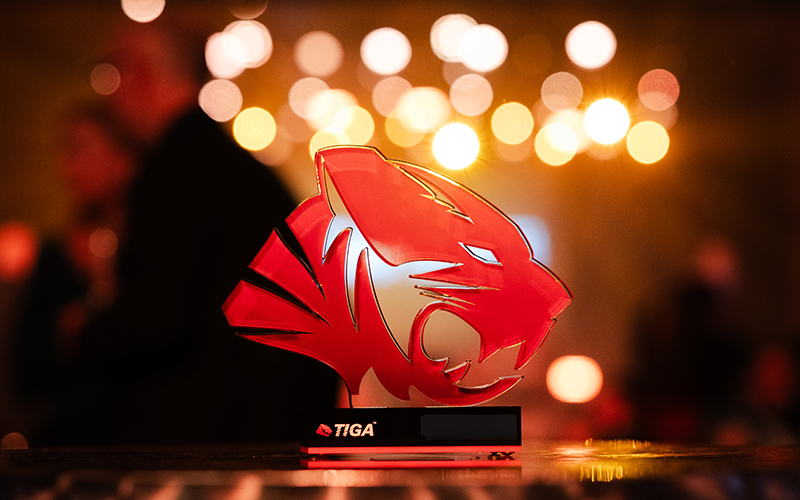 BA Games Art and Design •
BA Games Art and Design •Norwich graduates recognised at TIGA UK Games Education Awards
Charlie O'Shea, BA (Hons) Games Art and Design has been named 'Outstanding TIGA Graduate of the Year: Designer'
Related courses
Discover our courses and take the first step towards unleashing your potential
-
Visit the Animation and Visual Effects BA (Hons) course page

- Filter courses by study level: Undergraduate
- Filter courses by duration: Full time
- Filter courses by start month: September
- Filter courses by subject: Animation and Visual Effects
Animation and Visual Effects BA (Hons)
Wield the creative and technical skills behind the latest Hollywood movies, with teaching from the award-winning studio professionals on Norwich’s BA (Hons) Animation and Visual Effects (VFX) degree course
-
Visit the Games Art and Design BA (Hons) course page
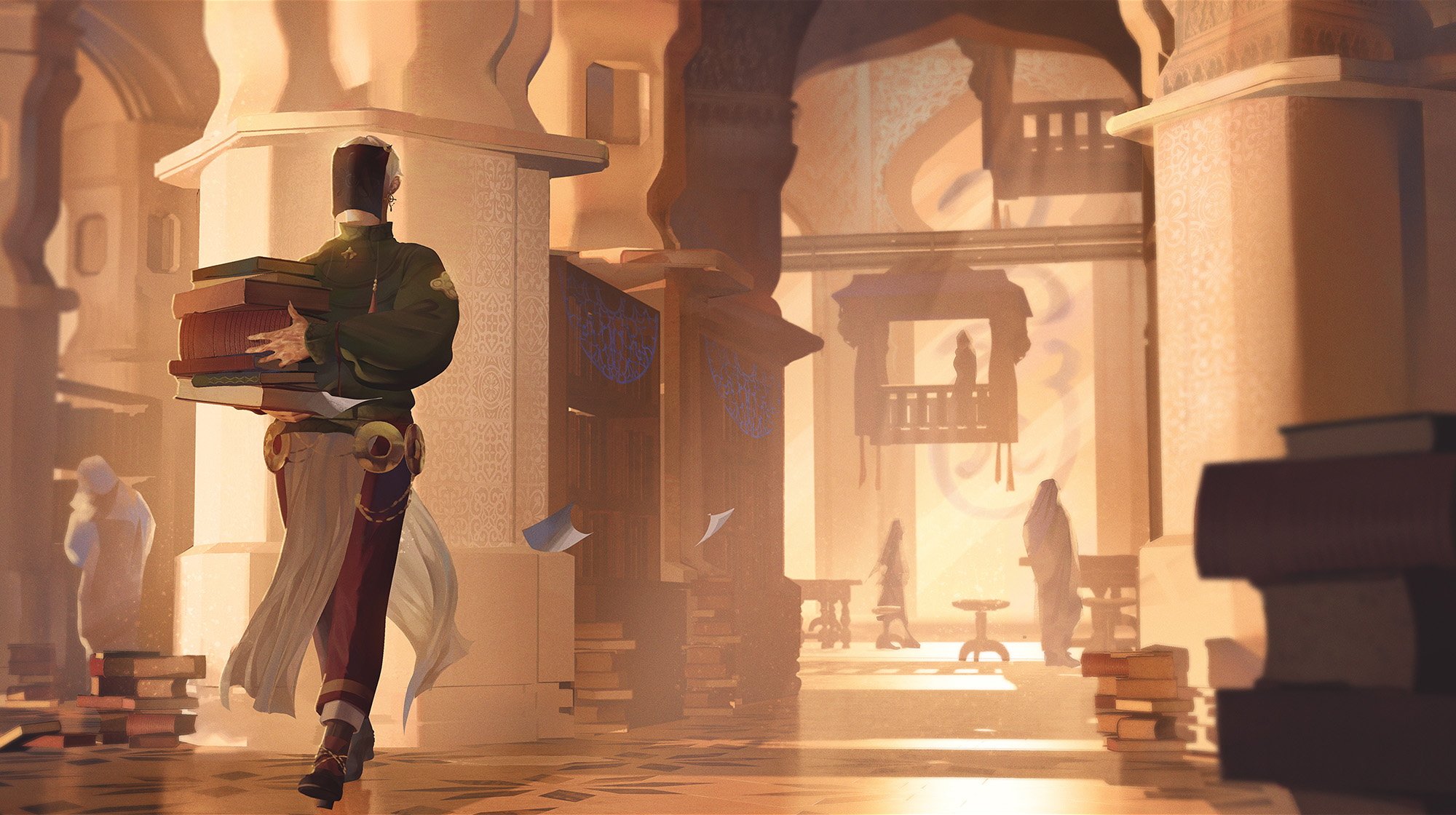
- Filter courses by study level: Undergraduate
- Filter courses by duration: Full time
- Filter courses by start month: September
- Filter courses by subject: Games Art and Design
Games Art and Design BA (Hons)
Explore and develop your skills of current game studio pipelines and be part of a collaborative, supportive department.
